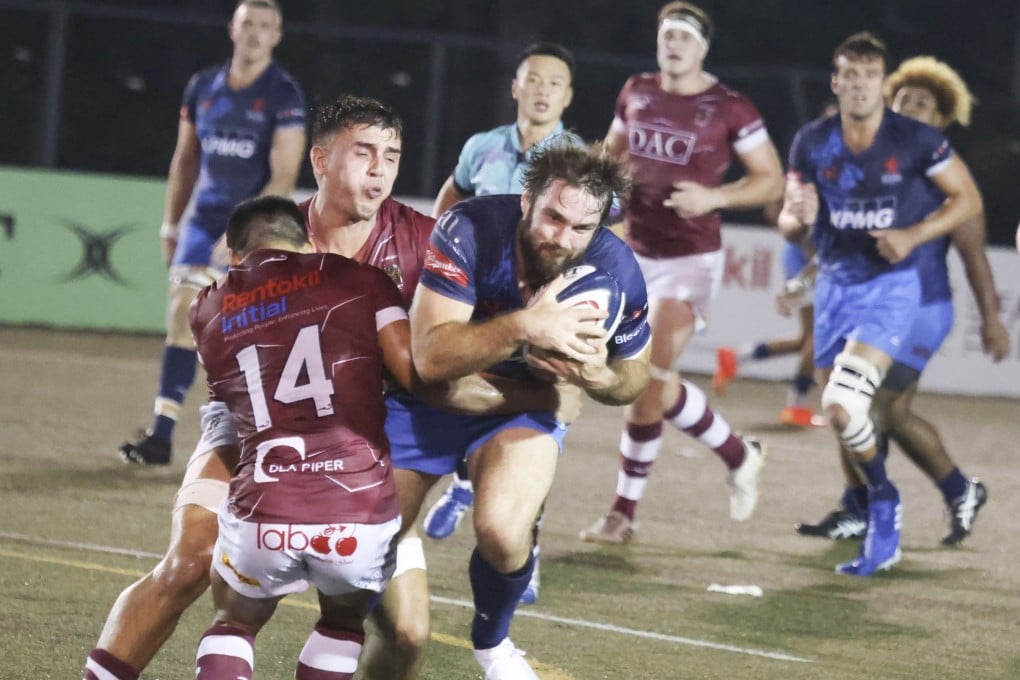Rugby bosses urged to cut number of matches as study shows players 15 times more likely to suffer brain injury
- Figures show former internationals are 15 times more likely to develop motor neurone disease
- But researchers point out most of the rugby players studied were amateurs, playing before the sport turned professional in 1995

Rugby chiefs must take urgent action to reduce head injuries after a study indicated that former international players are 15 times more likely to develop motor neurone disease, researchers said.
Academics, who studied a cohort of former Scottish internationals, found that, overall, the ex-players were about 2½ times more likely to develop neurodegenerative disease than expected, compared to members of the general population.
Multiple studies have shown a link between brain injuries and an increased risk of developing neurodegenerative disease, and that former professional athletes are at an increased risk of developing such conditions.
As concerns grow, a group of former players has decided to sue various governing bodies for allegedly failing to protect them from permanent injury.
In the latest research, a team led by the University of Glasgow compared health outcomes among 412 male, Scottish, former international rugby players with over 1,200 matched individuals from the general population.
The results, published in the Journal of Neurology, Neurosurgery and Psychiatry, showed that while age at death was slightly higher among former players, they were also at higher risk of a neurodegenerative disease diagnosis compared to their matched controls.
The risk varies by subtype, but not by player position. As well as the higher risk of developing motor neurone disease, the risk of Parkinson’s disease is three times greater.
“This study provides further insight into the association between contact sports and neurodegenerative disease risk,” Willie Stewart, a Glasgow consultant neuropathologist who led the research team, said.